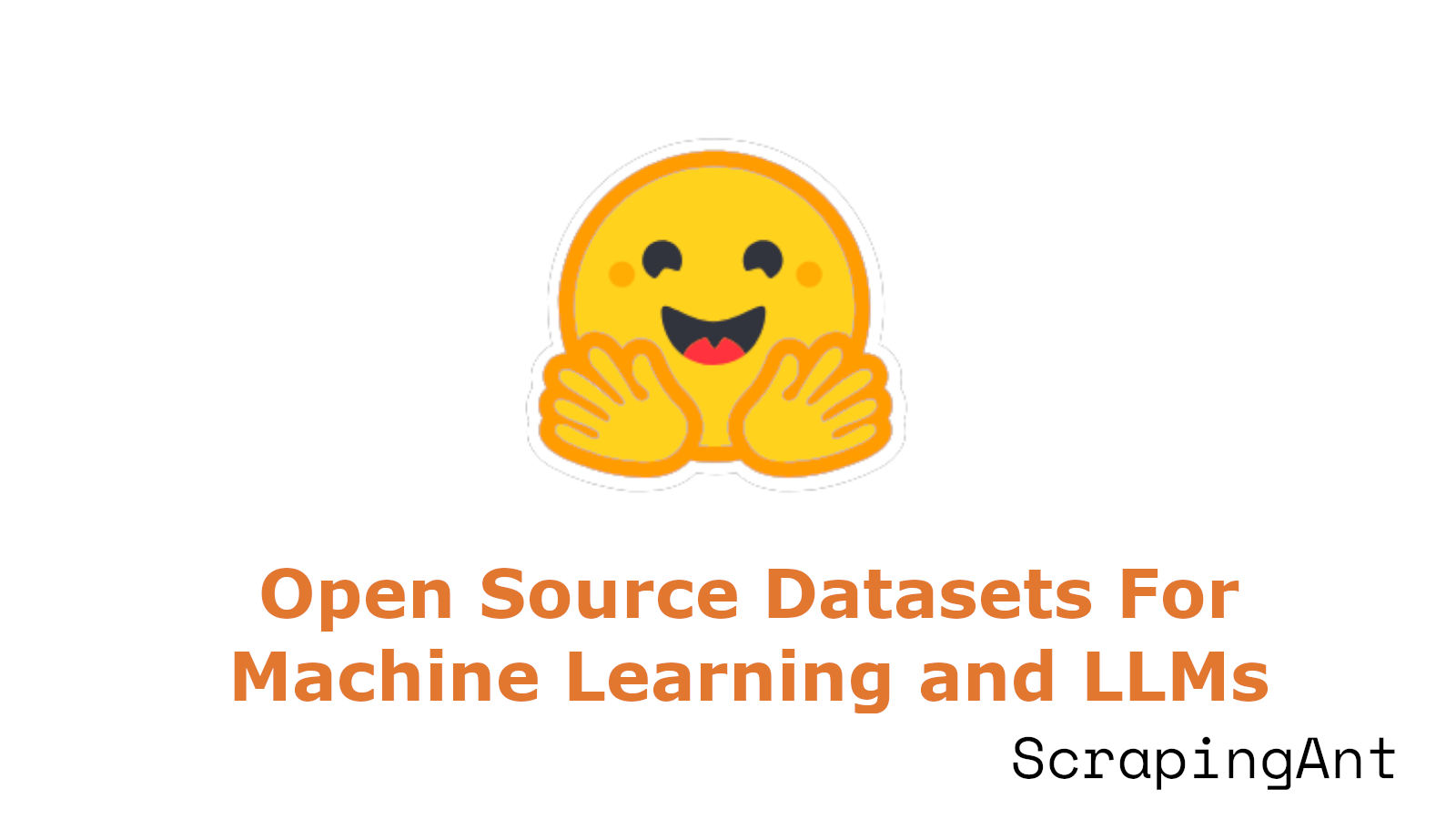
Large language models (LLMs) have emerged as powerful tools capable of understanding and generating human-like text across a wide range of applications. The performance and capabilities of these models are heavily dependent on the quality and characteristics of the datasets used for their training. As the field progresses, there is an increasing focus on open-source datasets that enable researchers and developers to create and improve LLMs without relying solely on proprietary data.
This research report delves into the essential characteristics of high-quality datasets for LLM training and explores notable examples of open-source datasets that have made significant contributions to the field. The importance of these datasets cannot be overstated, as they form the foundation upon which advanced AI models are built.
Open-source datasets have become crucial in democratizing AI development and fostering innovation in the field of natural language processing. They provide researchers and developers with the resources needed to train and fine-tune models that can compete with proprietary alternatives. For instance, the RedPajama dataset aims to recreate the training data used for Meta's LLaMA model, enabling the development of open-source alternatives with comparable performance.
As we explore the characteristics and examples of these datasets, it becomes evident that the quality, diversity, and ethical considerations embedded in their creation play a pivotal role in shaping the capabilities and limitations of the resulting language models. From ensuring factual accuracy to mitigating biases and promoting inclusivity, the curation of these datasets presents both challenges and opportunities for advancing the field of AI in a responsible and effective manner.
This report will examine the key attributes that define high-quality datasets for LLM training, including accuracy, diversity, complexity, ethical considerations, and scalability. Additionally, we will highlight several notable open-source datasets, such as RedPajama, StarCoder, and the Open Instruction Generalist (OIG) dataset, discussing their unique features and applications in LLM development. By understanding these aspects, researchers and practitioners can make informed decisions when selecting or creating datasets for their AI projects, ultimately contributing to the advancement of more capable, reliable, and ethically-aligned language models.